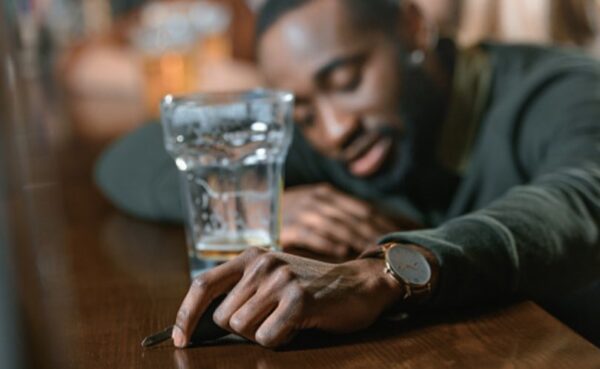1. Metronidazole (Flagyl): It is an antibiotic used to treat parasitic and bacterial infection in the stomach, liver, brain and vagina.
2. Tinidazole (Tindamax): An antibiotic used to treat infections in the intestines and vagina.
When taking these antibiotics, one should stay away from liquor, wine and beer and avoid anything that contains alcohol like mouthwash or cough syrup.
Consuming
alcohol while taking these
antibiotics can cause abdominal cramping, nausea, headaches, vomiting and rapid heart rate. If you accidentally drink while taking
antibiotics, the side effects will disappear within a few hours. But if you experience severe side effects after taking
antibiotics, you must seek medical attention immediately.
1. Sulfamethoxazole-trimethoprim: The antibiotic is commonly used to treat UTIs or skin infections.
2. Cefotetan: It is used to treat bacterial infections in the lungs, skin and bones.
3. Linezolid: The medicine is used to treat skin infections and pneumonia and strong interactions with beer and even non-alcoholic drinks like red wine. Drinking while taking linezolid can lead to blood pressure spiking.
One can drink after the antibiotic has cleared from your system, which is usually three days after the last dose.
Drinking
alcohol lowers your body’s immune system.
Alcohol when mixed with
antibiotics comes with a risk of vomiting, diarrhoea and nausea.
Though
alcohol consumption won’t directly impact the effectiveness of your
antibiotics. Drinking
alcohol can take your body longer to recover from the infection or illness you are suffering.
When you are sick, you need to be properly hydrated. And one side effect of drinking
alcohol can be dehydration, which can make it harder for you to get well.
Just like
antibiotics,
alcohol is broken down by the liver before it can exit your body. When your liver is already working to fight the infection, adding
alcohol can increase the work. It can also cause drug-induced liver toxicity (swelling of the liver).











